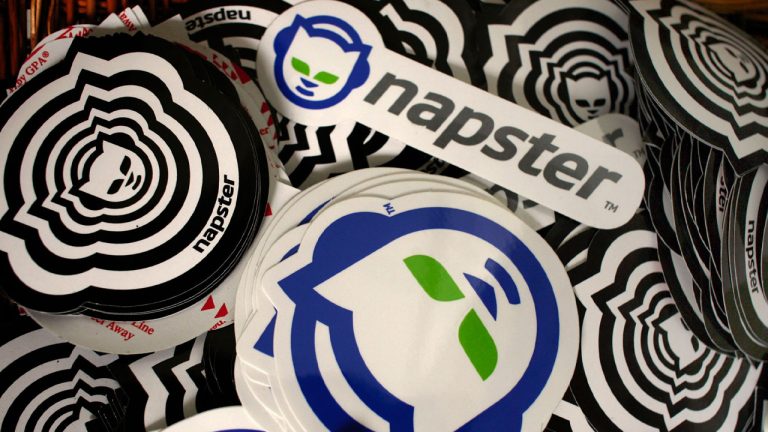
Despite the ongoing tumultuous market conditions, venture capital investments in European crypto startups hit an all-time high of $5.7 billion in 2022.
2022 was a turbulent year for the crypto space, from an ongoing bear market and high-profile collapses of some of the industry’s most prominent players, like Terra and FTX. Despite the setbacks, venture capital (VC) investors continued to show support for crypto startups.
According to a new study released by European investment firm RockawayX, VC investment in crypto startups based in Europe reached its all-time high in 2022, with $5.7 billion invested
European decentralized finance startups hit $1.2 billion in 2022 — a 120% increase from the previous year’s investments of $534 million.
Viktor Fischer, the CEO of RockawayX, pointed out that the crypto market is cyclical. During the 2018 winter, “the total digital asset market cap fell by 80%, but startup funding activity held steady.”
“Investments made when digital asset prices were depressed materialized in tech and usage traction alongside ‘bull market’ price recoveries.”
Europe is also home to the highest number of crypto startups (3,977), according to the headquarters location.
However, it falls behind the United States in the number of startups with over a million dollars of funding and companies with a value of over $1 billion, knowns as unicorns.

Top global investors in European startups include Animoca Brands, Coinbase, Blockchain Capital and the Digital Currency Group.
Related: Banking crisis pushed over $286B to money market funds in two weeks: Report
In Europe, investment in startups that provide financial services made up more than half (52%) of all investments, with infrastructure and Web3 making up 32% and 16%, respectively.

However, compared with 2021, investment in financial service-based startups declined by 19%, and infrastructure grew by 24%.
Europe’s growing prominence as a crypto-friendly region comes as lawmakers in the European Union finalize the highly anticipated Markets in Crypto-Assets (MiCA) regulations.
The regulations have been postponed twice by the EU due to translation issues. Laws passed in the EU must be translated into all 24 official languages of the member states.
At the time of writing, a final vote on the MiCA rules is set for April 2023.
Magazine: Crypto winter can take a toll on hodlers’ mental health
















